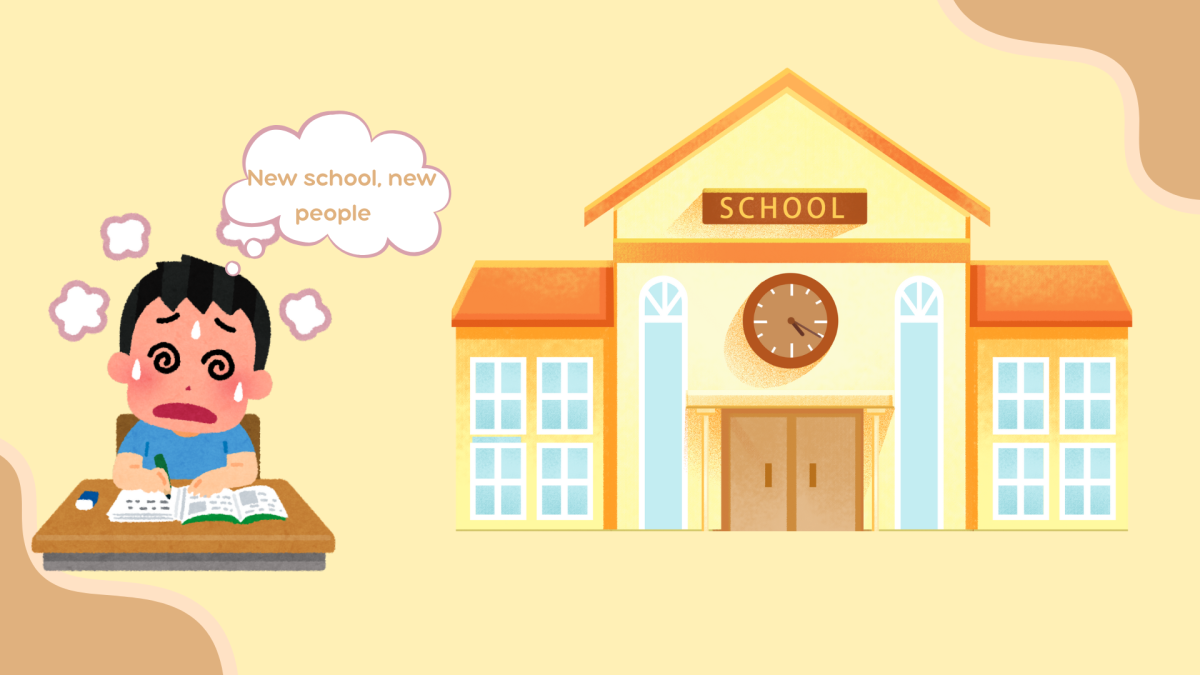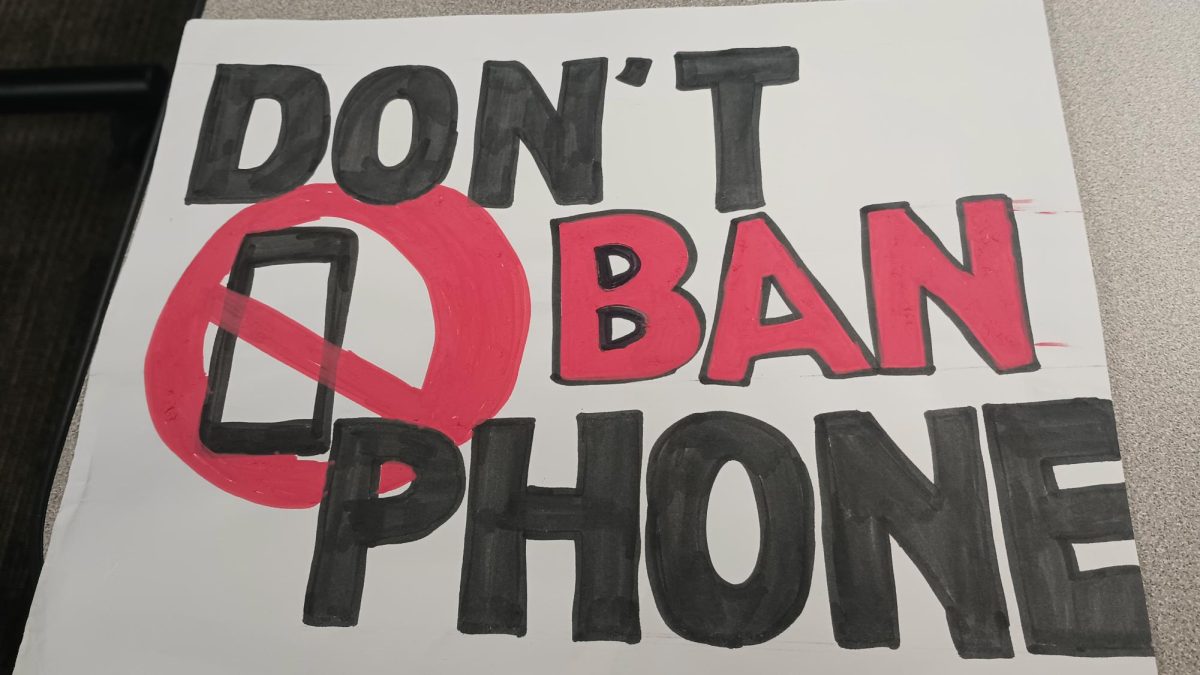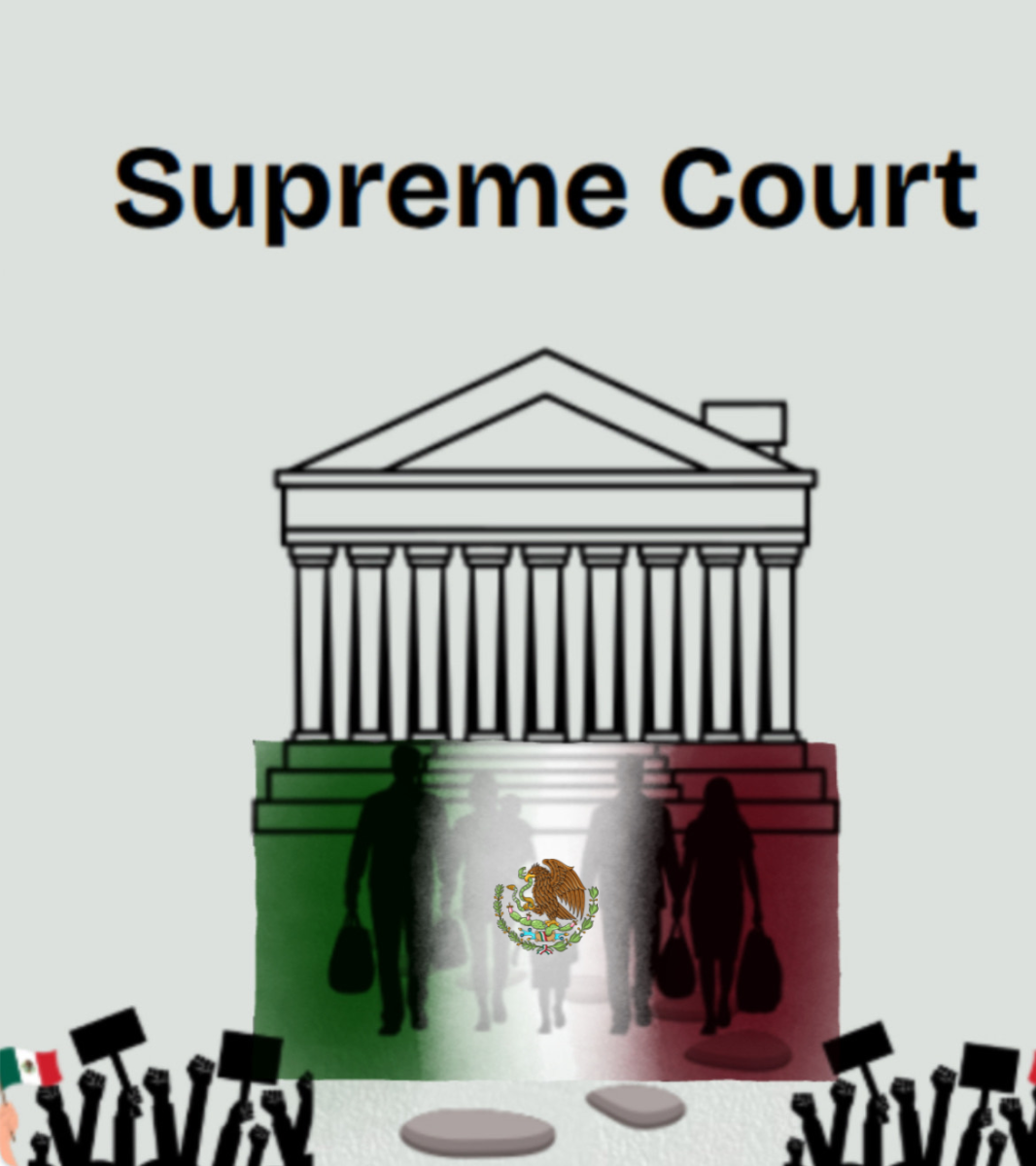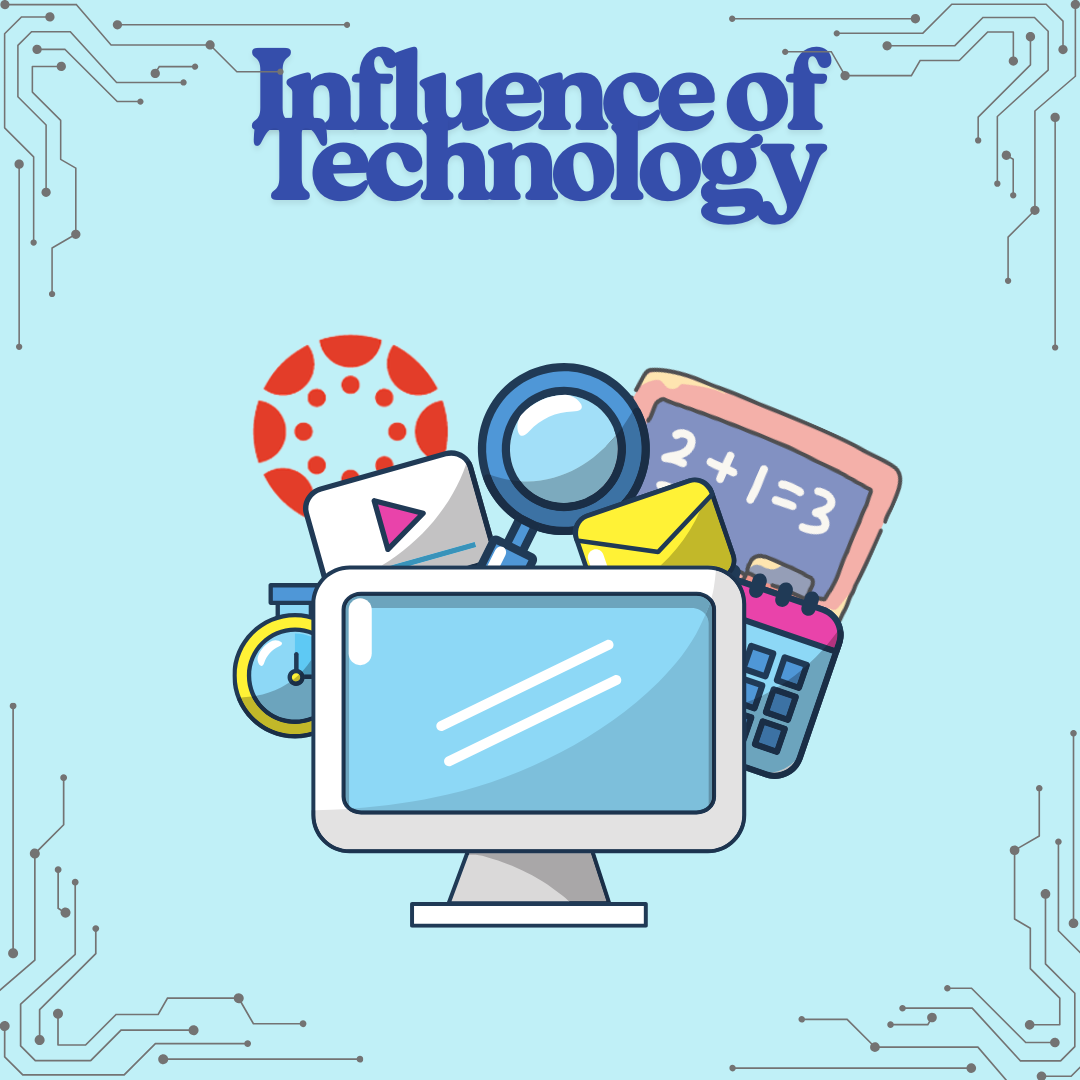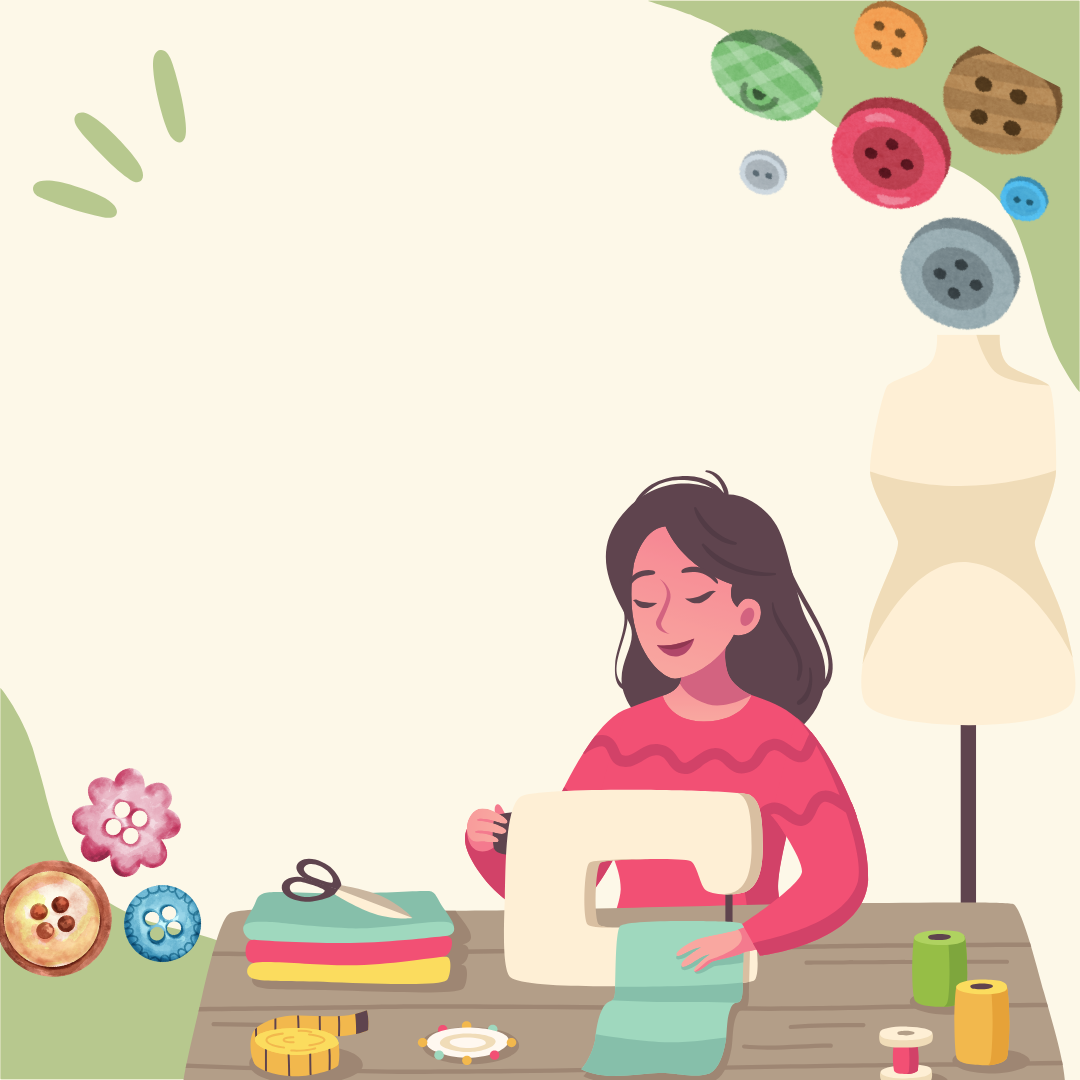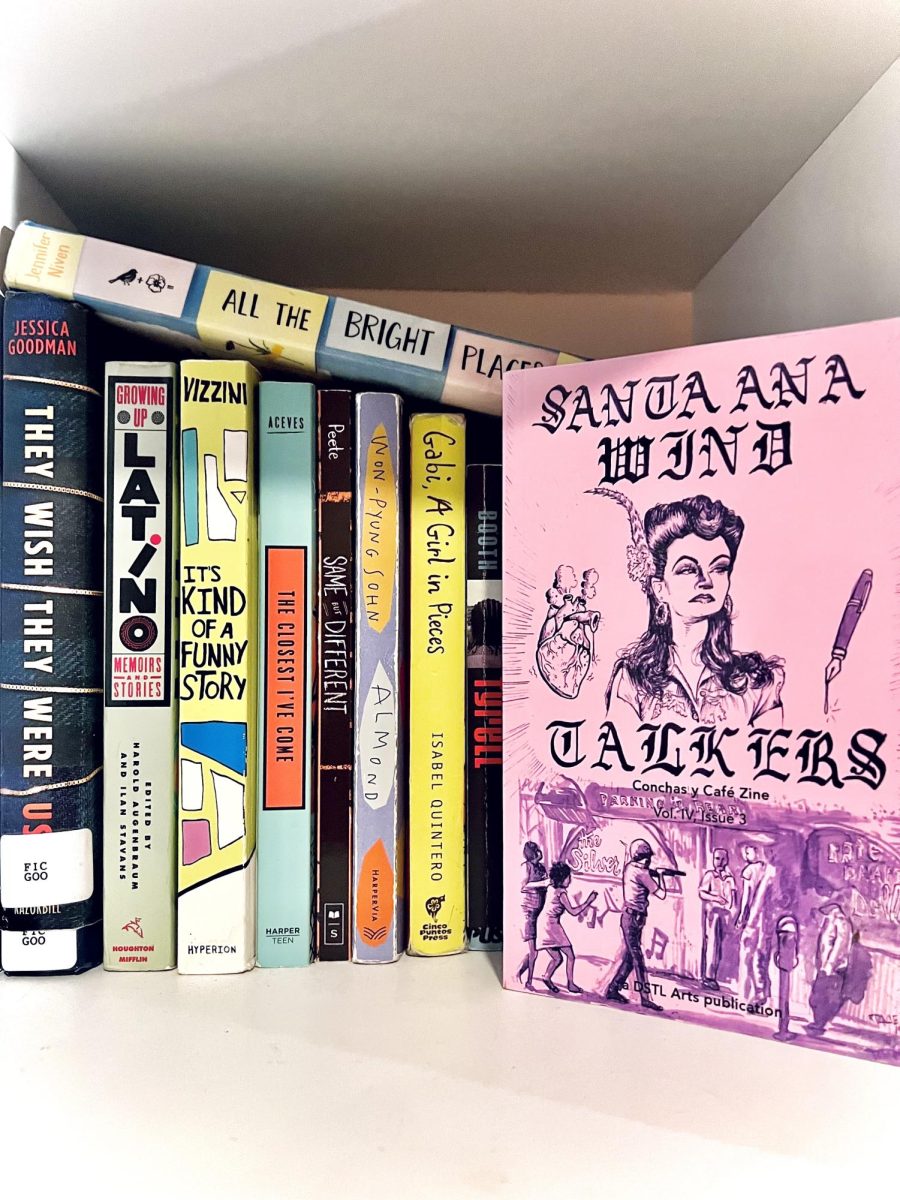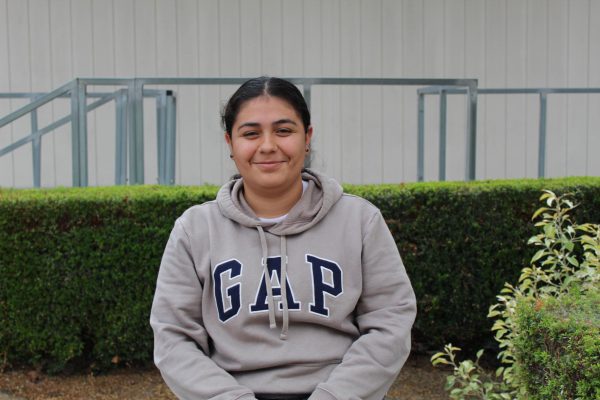“A book is a loaded gun in the house next door. Burn it. Take the shot from the weapon. Breach the door. And fire.” — Ray Bradbury, ‘Fahrenheit 451’
In the past year alone, 73 schools across the state have banned books, coming from a list of 35 pages. 40% of book bans occurred in Florida; they passed a law, ‘HB 1069,’ banning schools from having books with “sexual” content.
Parents and community members are the people who are bringing book complaints. If a parent objects, the book in question can be removed from shelves in the schools, forcing the school to review books before determining if they contain sexual content.
Popular books like “The Shining” by Stephen King, “The Notebook” by Nicholas Sparks, “The Perks of Being a Wallflower” by Stephen Chbosky, and “13 Reasons Why” by Jay Asher are being banned in multiple U.S. states. As a result of improper book complaints, students are being deprived of realistic literature.
Mrs. Villalpando, an English and AVID 9 teacher at Middle College shares her thoughts, as a new teacher.
“As an upcoming teacher, I’m very limited. Even being an English teacher, I’m limited to sharing voices when in reality, I am there to express those voices,” Villalpando said.
Her reflection highlights the issue of banning books and how it impacts the books she is able to teach. As an English teacher, she feels she cannot risk using a book that is to be banned because of backlash. The possibilities that books offer are limitless until someone raises a complaint.
Ruth Ellis, a librarian at Godinez Fundamental High School shares her opinion about a key factor for the increase in book bans.
“It is my opinion that there is a group of people in this country who are afraid to allow non-white, non-straight voices and perspectives to be shared because they know how powerful it is to read diversely,” Ellis said.
Book bannings often target works that address themes like racism and LGBTQ+ relationships. These books, which depict societal norms and provide more realistic narratives, help individuals discover their identities. However, banning them can hinder access to stories that reflect diverse experiences.
“Impressionable and vulnerable we are in the face of a story, particularly as children. Because all I had read were books in which the characters were foreign, ”author Chimamanda Ngozi Adichie said.
She suggests that if readers are being fed realistic stories that they themselves cannot relate to, they will ultimately turn to fit what is foreign to them.
If humans do not consume relatable media, they can lose what makes them unique. All it takes is one more story to make a change. Banning books that are considered a normal part of someone’s daily life materializes government-funded censorship.

